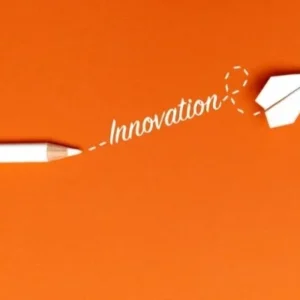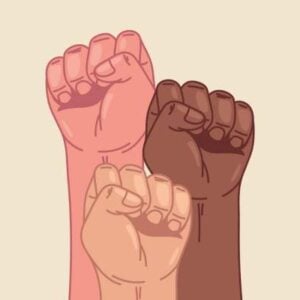The NAMASTE Helpline exemplifies the transformative power of accessible information, particularly for waste pickers in India who have long been excluded from social protection. By providing timely guidance on health care, pensions, skilling, and workplace rights, the helpline ensures that marginalized workers can access essential services and claim their rights, demonstrating that information is a critical first step toward empowerment.
In Faridabad, Haryana, waste picker Kavita Kumari Devi experienced this impact firsthand. Pregnant with her fourth child, she had previously delivered at home due to prohibitive hospital costs. After noticing a NAMASTE Helpline sticker, she called and received guidance on applying for the Ayushman Bharat insurance scheme. This single call connected her to a local NGO for enrollment, transforming her fear and uncertainty into access to safe hospital care.
India has approximately four million waste pickers who play a vital role in the circular economy yet face systemic challenges, including lack of legal identity, recognition, and social protection. To address these gaps, UNDP piloted the NAMASTE Helpline in November 2023. The helpline provides a safe, judgment-free space for workers to seek guidance in twelve local languages, combining technical support with empathetic communication to ensure dignity and effective assistance.
The helpline’s impact extends beyond individual calls. Telecallers like Bidyadhar Dalai highlight how connecting workers to schemes such as Ayushman Bharat can prevent unsafe practices and empower communities. For workers like Kavita, the helpline has shifted the experience of childbirth from a potentially dangerous home delivery to a safe, supported hospital birth, demonstrating real-world outcomes of accessible support systems.
From its pilot in 2023, the helpline has scaled nationally. By July 2025, it became part of the Ministry of Social Justice and Empowerment’s NAMASTE Scheme, linking waste pickers to government benefits through digital registration and occupational ID cards. Workers across India can dial 14473 to access critical services, integrating health, financial, and social support.
In less than two years, the helpline has reached nearly 60,000 workers, including a third of women, fielding over 180,000 calls and facilitating enrollment in more than 15 government schemes such as Ayushman Bharat, e-Shram, and Jan Dhan. Each call is supported by a network of grassroots mobilizers, NGOs, and Urban Local Bodies to ensure that benefits are effectively delivered to families.
Today, the NAMASTE Helpline is multilingual, gender-sensitive, and inclusive, offering missed-call and callback options, and covering entitlements from health insurance and pensions to PPE kits, skilling programs, and women-focused schemes. With the support of 77 Resource Organizations across India, waste pickers are gaining visibility, recognition, and structured guidance into social protection systems, illustrating a model of empowerment through accessible information.







